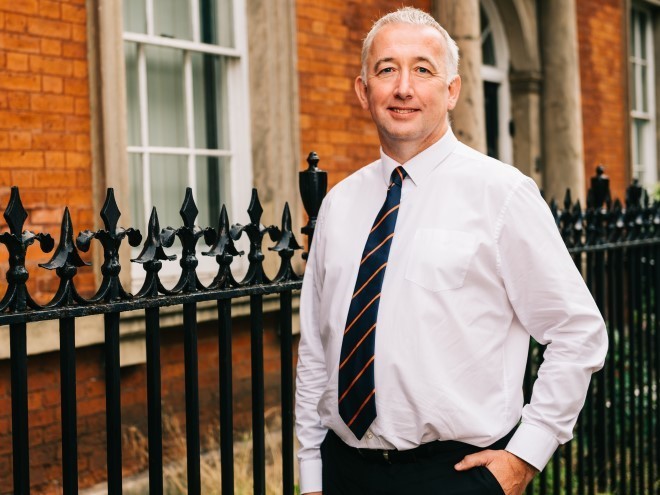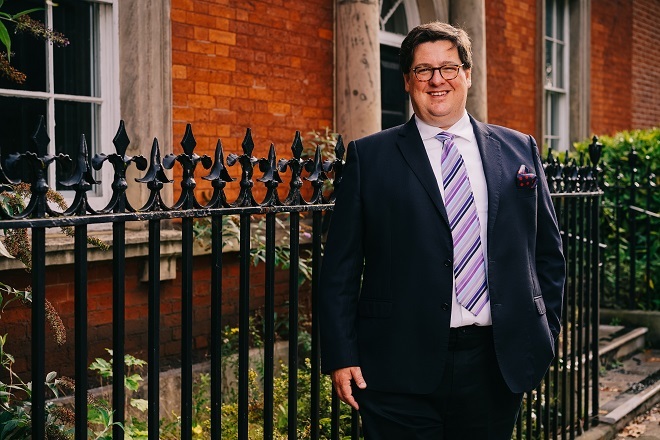Patents Trade Marks Designs Copyright
Your patents, trade marks and other intellectual property rights have potentially become more valuable!
March 01, 2011
Changes have recently been made in the way in which patents and other forms of intellectual property can be enforced in the UK. These are expected to have a significant effect on those (such as many SMEs) who could not previously afford this type of High Court litigation.
What has happened?
Patents, and other forms of intellectual property (IP) are legal rights which can be enforced in the Courts, if necessary. In the UK, this means the High Court or the Patents County Court. The High Court has a reputation for being very thorough, but consequently very expensive and therefore effectively unavailable to many, including many SMEs. Similar problems have previously been encountered in the Patents County Court. However, the Patents County Court (PCC) has now adopted new rules of procedure, aimed at addressing this problem.
Why is the new PCC procedure significant?
The new procedure (October 2010) aims to increase access to justice in intellectual property (IP) matters, particularly for parties who would traditionally have felt excluded from the High Court because of the high costs involved. In an early case, the Judge has commented that " the Patents County Court was established to handle the smaller, shorter, less complex, less important, lower value actions. It was to provide cheaper, speedier and more informal procedures to ensure that small and medium sized enterprises, and private individuals, were not deterred from innovation by the potential cost of litigation to safeguard their rights". This means it is more likely you could enforce your patents, trade marks and other intellectual property rights in the court, if necessary. They have therefore become a bigger deterrent to your competitors (and thus more valuable to you) or more valuable to a purchaser, if you decide to sell.
Which types of IP can be handled by the court?
Patents, trade marks, registered and unregistered designs, and copyright.
Is there a cost cap?
Normally, the total costs which can be recovered by the successful party, from the losing party are capped at £50,000 for the trial.
What are the main features of the PCC procedure?
There is an initial exchange of documents in which each party explains its case concisely but in reasonable detail. These rounds may take as little as 10 weeks. The judge then holds a "case management conference". He takes important decisions about how the case will proceed. For example, he will decide how many witnesses will be allowed. This is a critical stage, because these decisions will have a significant influence on how the judge will understand the case, during the trial. Indeed, it is possible for the case management conference to conclude that the judge should make the decision on the basis of the existing papers, without holding a full trial. The trial is likely to be shorter than a conventional High Court trial, perhaps only 1 or 2 days.
What is the effect of all of this?
Although we realise that many SMEs would still not consider the costs to be "cheap", they are nevertheless many times less than was sometimes required for enforcing IP rights. Consequently, we expect that many more SMEs will be prepared to start litigation, if necessary. Owning IP becomes more worthwhile, because it can be enforced. That, in turn, means that it will be more important for businesses to respect IP rights owned by SMEs.
What should I now do differently?
Consider reviewing your policy on obtaining patents - they are now more valuable! Consider the trade marks and designs you use in your business, and whether or not they should be registered - they are now more valuable! Consider if you know enough about the protection owned by your competitors. In particular, if you embark on a new project, do you know what protection is owned by others and might affect your freedom to continue? Consider having searches conducted to find those rights, rather than relying on the assumption that none of your competitors is big enough to take you to court. For further information contact Michael Skinner [email protected]
Swindell & Pearson has been helping businesses and individuals protect and defend their ideas, innovations and brands for over 130 years. With its head office in Derby, the firm also has offices in Stoke, Wolverhampton, Stafford, Sheffield and Burton. To find out how Swindell & Pearson can help you with any intellectual property requirements please get in touch via [email protected] or by telephone on 01332 367 051.

